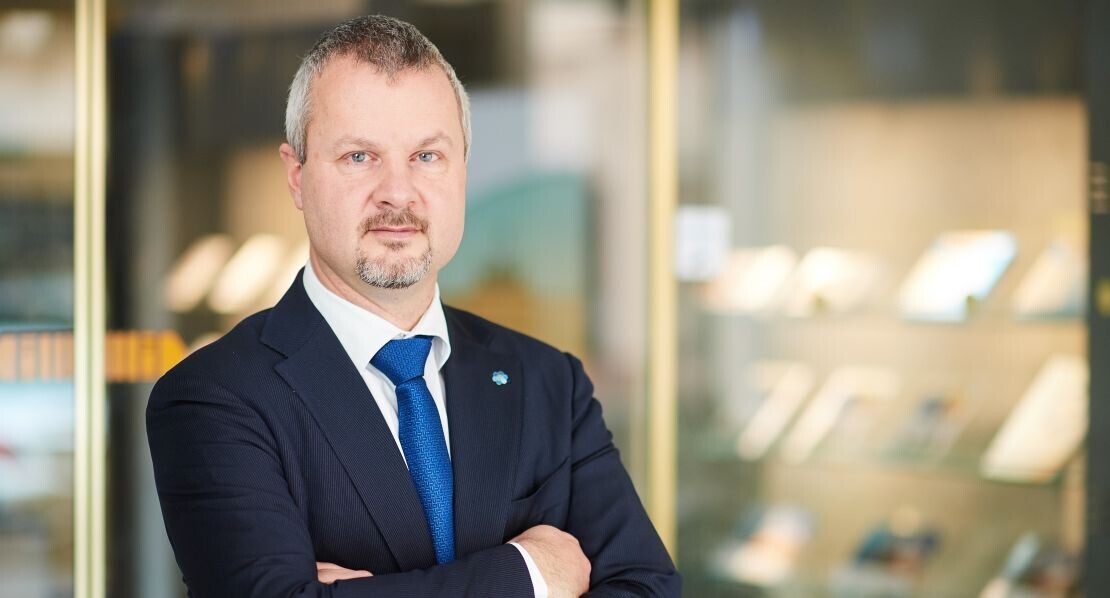
Publications - Guest articles
Marco Mensink, Director General of Cefic
The chemical industry is a solution provider for sustainability
29.05.2024
No surprise to anyone, the world we live in is in transition. In our Molecule Manager Vision a few years ago, we foresighted many of these trends. We missed one: The speed of transition, accelerating every week. From wars to energy crisis and COVID, global weather phenomena and clear signs of climate change, industry must overcome and bring solutions, faster and more.
Sustainability still drives initiatives from governments, business, and citizens around the world. With the adoption of the UN 2030 agenda for Sustainable Development, the signing of the Paris Agreement, and the European Green Deal, our societies have taken a pathway in action on climate change and protecting the environment.
Crucial role of the chemical industry
Across industries – from health, hygiene, construction and mobility to agriculture and energy supply – the chemical industry has a crucial role to play in this transition as it enables the transformation required.
Providing solutions however is not enough. The bar will be raised higher. We will have to provide these solutions, while not creating new and additional problems at the same time. Making chemicals safe and sustainable by design. Recyclable, biodegradable. Processes with the absolute minimum of emissions.
We need to do so while creating high quality jobs for European workers in Europe. Embedded in a society that accepts the trade offs and joins industry on the journey to sustainability. Answering the demands of an ever more demanding new generation. And to allow this, we need investments. New processes, new plants, new products.
Cefic Sustainability Charter
Cefic and its members have developed a Sustainability Charter and agreed on a SDG roadmap to foster innovation and deliver on sustainability goals, aligned to Cefic’s Sustainable Development Vision. This vision translates how the European chemical industry can contribute to improving the living of over nine billion people by 2050, within the planetary boundaries. Cefic and its members focus resources in the four critical areas:
- Enabling transition to a low carbon economy
- Driving resource efficiency across global value chains and our operations
- Promoting the adoption of circular economy principles to prevent waste, achieve low-carbon economy and enhance resource efficiency
- Preventing harm to humans and the environment throughout the entire life cycle
The What and the How
The goals are clear. Having agreed to support the Green Deal and the European ambition to become climate neutral by 2050, our industry moved beyond the “What” and decided to focus on the “How”. How do we make this happen? Which actions need to be taken? How can we overcome the many challenges? The mindset has been proven crucial in a transition that is very demanding, especially in adverse economic circumstances.
With this in mind, Cefic asks to support an Industrial Deal to implement the Green Deal - through the Antwerp Declaration. To help double electricity production in Europe and make the business case for what will be the largest demand for private capital in history. By estimates of the Commission itself – six times larger than the historic average investment rate of industry in Europe.
The signs are promising that such a focus on competitiveness and industry will come, so that indeed we can meet the goals of the Green Deal we signed up to. Most encouraging is that the role of chemistry and our industry has been clearly recognised as a crucial pillar in the necessary developments.
